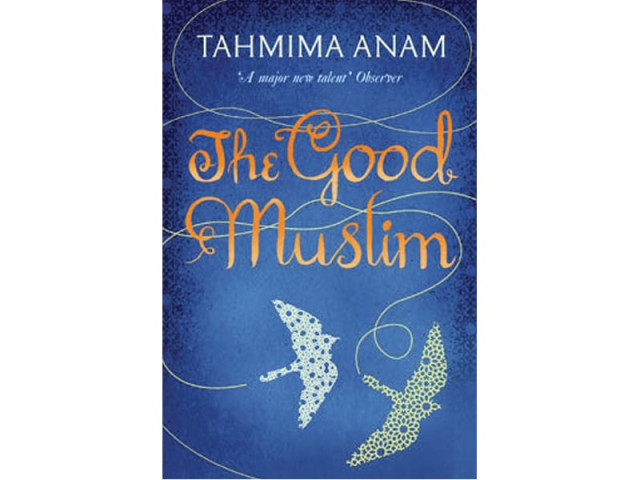Book review: The Good Muslim - untold stories
A powerful and dark novel, with the tragedies of war, child abuse and illnesses woven into the plot.

Book review: The Good Muslim - untold stories
The other possibility — and I find this hard to believe — but then I am known for ignoring inconvenient truths (Al Gore, I’m thinking of you), is that because Anam’s novels are set in Bangladesh, there may be some discomfort or disinterest in the subject matter as far as Pakistani readers are concerned.
If that is the case — and I dare not think my compatriots could be so silly about a war we lost so very long ago — then that’s really very silly. If anything, Anam’s books are an important read — offering as they do a rare insight into the chaos and crisis that the state of Bangladesh was engulfed in almost from the moment of its birth.
Anam’s novel is part of a trilogy set in the time leading up to the creation of Bangladesh and thereafter but A Good Muslim can also be read on its own. It picks up after A Golden Age, which was the story of a widow (Rehana Haque) and her two children Maya and Sohail set in the war that led to Bangladesh’s birth.
In A Good Muslim we witness two homecomings: Sohail’s after the war and, seven years later, Maya’s who has been travelling the country as a “crusading doctor”. The relationship between the siblings is strained due to an ideological parting of ways: Sohail goes down the “religious route” whereas Maya remains a staunch atheist. They grapple with their past and try to contend with the realities their future may bring, both having witnessed gruesome death and destruction.
In describing the newly-independent Bangladesh, Anam writes a brilliantly incisive and relevant analysis of the double standards permeating society. Her descriptions of the yuppies, for instance, will resonate with us as the characters seem oh so familiar.
But it is Sohail’s portrait which is the most disturbing — the revolutionary turned fundamentalist. This is Maya’s brother, her one- time rock who refuses to see the hypocrisies that Maya can see all around her. Both are stubborn in holding on to their principles — and it is those principles that clash in the powerful conclusion.
The story of Sohail’s transformation into a chauvinist denialist is a tragic tale that is well told and one that, perhaps intentionally, evokes very little pity. But just because her brother has chosen a dark path does not make Maya good by default and her choices and beliefs are not judged as being better or worse than Sohail’s.
It is a powerful and dark novel, with the tragedies of war, child abuse and illnesses woven into the plot. But somehow Anam manages to incorporate all these themes without making the novel too heavy a read. And that is the mark of a good author.
Published in The Express Tribune, Sunday Magazine, July 17th, 2011.



















COMMENTS
Comments are moderated and generally will be posted if they are on-topic and not abusive.
For more information, please see our Comments FAQ